People speeding, not wearing a seatbelt, using a mobile phone, those drunk or under the influence of drugs and those driving carelessly or inconsiderately will all be targeted by a new police team.
The no excuse team will be based at Exeter and Bodmin. It's an idea used by Dorset Police, which Devon and Cornwall Police have decided to adopt.
The specially trained officers will concentrate on tackling the Fatal Five offences that Police say "cause an unacceptable level of deaths and serious injuries on our roads".
Sergeant Jon-Kerridge-Smith, who leads the No Excuse team, said: “Even before being fully resourced the No Excuse team has been out on the roads, and the results speak for themselves. As well as catching offenders ourselves, by providing support for local policing teams we maximise their effectiveness.
Amongst other activities in Devon and Cornwall, the No Excuse team has already achieved the following (27 June to 4 October): 15 drivers roadside drug tested, 154 drivers given a breath test, 249 fixed penalties issued, 47 vehicles seized, 20 arrests, 134 drivers given advice and education and 25 referrals to the DVLA.
“Offending motorists should also be aware that we will be acting on intelligence received from the public or internally generated by, for instance, ANPR (automatic number plate recognition), to take off the road drivers who have no valid license, road fund license or insurance. Intelligence received will also enable us to concentrate our attentions on specific roads or areas where there is a concentration of offences.”
Mark Armstrong, Road Safety Manager for Dorset Police, said: “The No Excuse team and our ‘Operation Dragoon’ approach to targeting dangerous road users is having a significant impact on our roads and is contributing to our year on year reduction in the number of people killed and seriously injured.
“To date, the team have targeted 1,300 drivers and seized over 200 vehicles, whilst also processing almost 300 pieces of intelligence each week from officers and members of the public. It’s a really positive step to see this approach expanding and I look forward to supporting our colleagues in Devon and Cornwall, as we target dangerous drivers across all three counties.”
Chief Inspector Adrian Leisk, head of Alliance roads policing, said: “The No Excuse team, proven by Dorset Police to be an extremely effective way of using resources to maximum affect, is an intrinsic part of delivering our commitment to improving the safety of the regions roads. I am extremely impressed by how they have hit the ground running and produced impressive results which will only get better now that the team is fully resourced.
“No Excuse is a key part of our new strategy for safer roads, made possible by an extra £850,000 in funding secured by the Chief Constable and Police and Crime Commissioner. As well as the No Excuse team, we will have an additional inspector, sergeant and 15 police constables, all of which are dedicated roads policing officers and some of which will be specialist roads casualty reduction officers.”
The network of road casualty reduction officers will enhance links with communities, road user groups and partner agencies.
“We will also be introducing Operation Dragoon, a methodology to roads policing pioneered by Dorset Police. Acting on intelligence received from the public and internally from police officers, drivers who habitually offend and exhibit dangerous driving will be tagged as risks. Through advice and education from a roads policing officer they will be given every opportunity to moderate their driving behaviour. If they do not, then they will end up in court. This positive interventional approach has proved very successful at reducing re-offending. The No Excuse team researcher will collate the intelligence that pinpoints risk drivers.”
A Department for Transport report last month showed there were 63 deaths in the force area in 2017, 12 more than in 2016 when 51 people were killed. In 2015 there were 36 road deaths.
Chief Constable Shaun Sawyer said: “The devastating effects of a road traffic collision which results in a death or serious injury are not limited to the victims, but extend to all families, friends and wider communities. I am delighted to announce these significant developments in Devon & Cornwall Police’s roads policing strategy, preventative methodology and operational capability as a key element within our commitment to road safety and wider public safety.
“Devon, Cornwall and the Isles of Scilly have a unique road environment, with the greatest length of roads of any two counties in the UK and a mix of rural, urban and trunk routes. Additionally, traffic on our roads increases hugely during the summer months with the added complexity of vehicles and drivers often not suited to or understanding of our road environment. We are very pleased to adopt methods proven by our colleagues in Dorset to reduce casualties and deaths and also to reduce offences and re-offending.
“This is not something we can do alone and requires the public to take responsibility for their own driving and we encourage the public to report incidents of concern to us. Also critical is the work of our partner organisations, using joint intelligence analysis and targeted policing, combined with enhanced road design and preventative partnerships. Alongside a more robust approach to enforcement, we will operate an effective education and early intervention approach to prevent and deter bad driving behaviours. This augments the welcome investment by the PCC enabling us increase the numbers of dedicated roads policing officers.”
Alison Hernandez, Police and Crime Commissioner for Devon, Cornwall and the Isles of Scilly, said: “I am alarmed by the number of serious incidents on our roads and moved by the stories of those who have suffered because of these largely avoidable tragedies.
“The only way we are going to make progress is if we engage with our partners to improve driver education, operate a strict enforcement of dangerous driving and are engaged with the redesign of safer roads systems.”
Annette Lloyd, Chief Executive of The Honest Truth says ‘We welcome the publication of the Road Safety Strategy which sets out an ambitious vision to be the region with the safest roads in the UK, and we are fully supportive of this. At the core of our work is collaboration and we look forward to working closely with the OPCC to deliver our unique road safety campaigns highlighting the key risky driver behaviours contributing to 94% of collisions.
“We also continue to develop our network of Honest Truth Driving instructors as we believe a successful way to effect behaviour change is to provide key messages to young learner drivers delivered by driving instructors. In this way, safe driving becomes the norm for new drivers.”
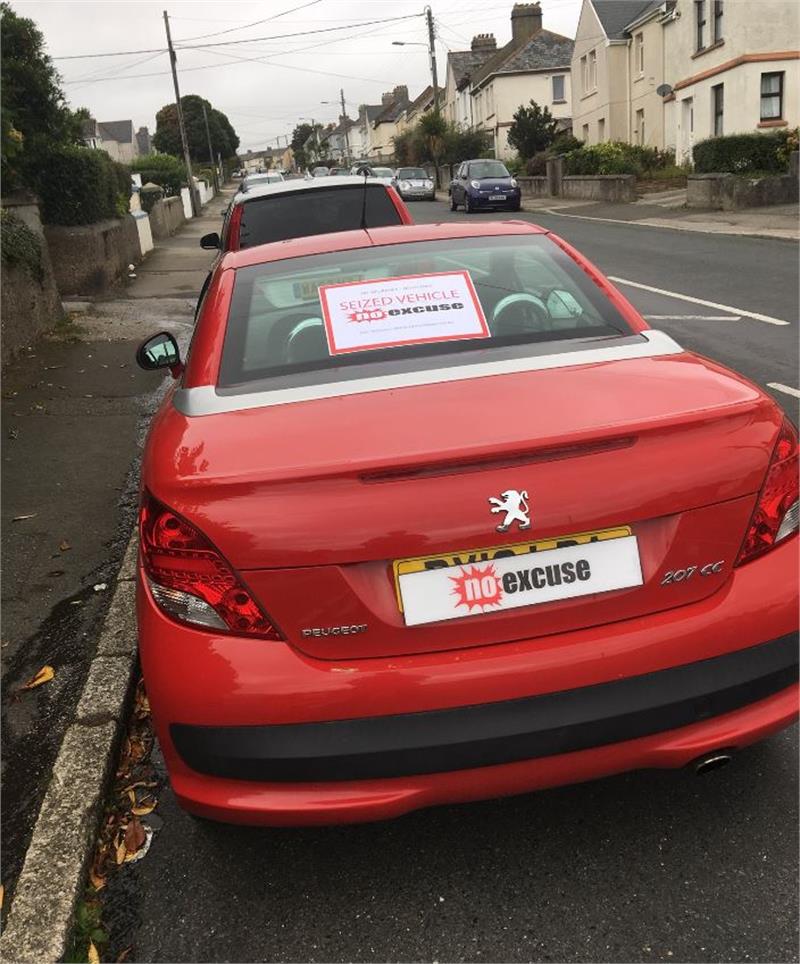
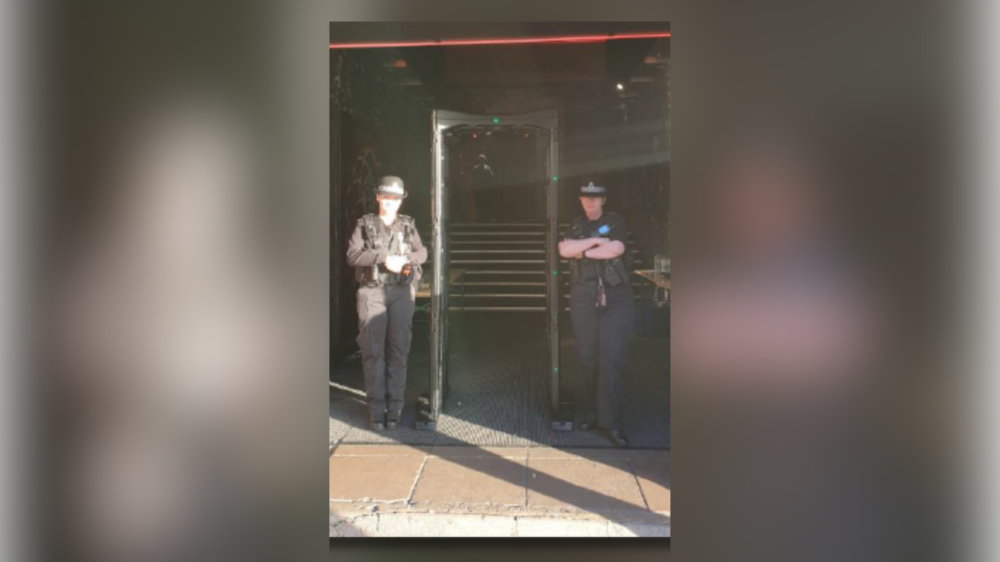 Knife scanner deployed at under-18s event
Knife scanner deployed at under-18s event
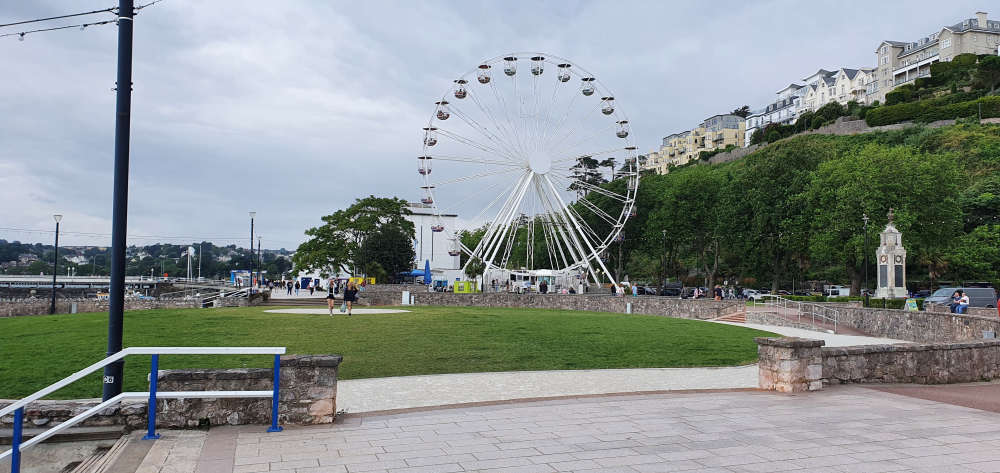 No to Torquay seafront big wheel this summer?
No to Torquay seafront big wheel this summer?
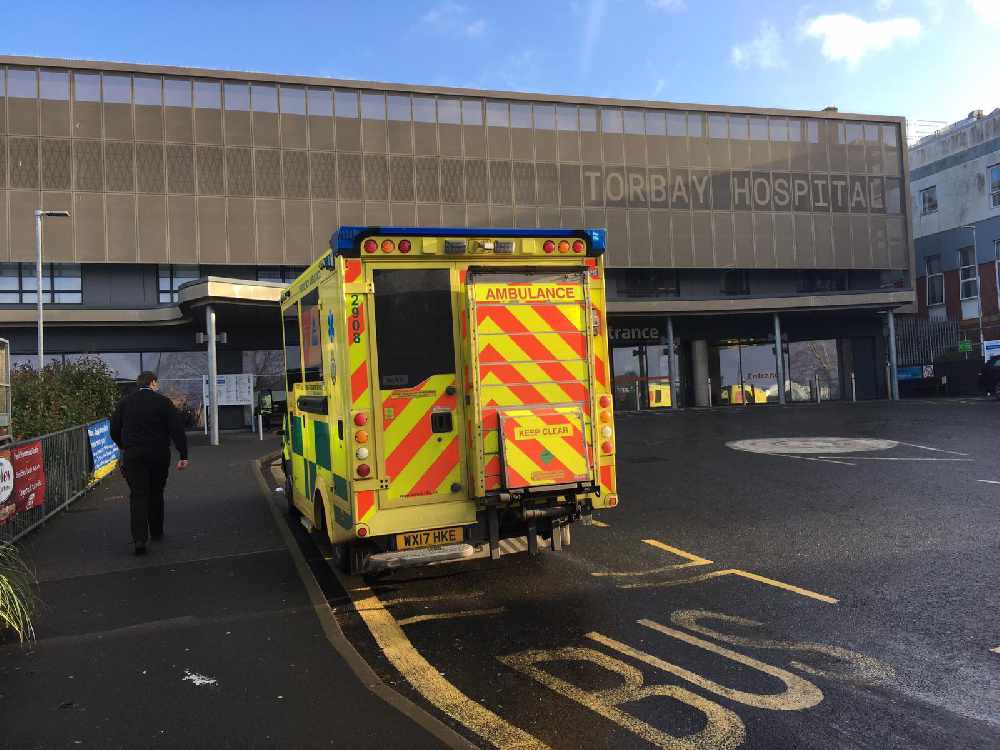 Torbay hospital ‘sewage leaks’ spark call for help
Torbay hospital ‘sewage leaks’ spark call for help
 Exmouth dye tests 'harmless to wildlife'
Exmouth dye tests 'harmless to wildlife'
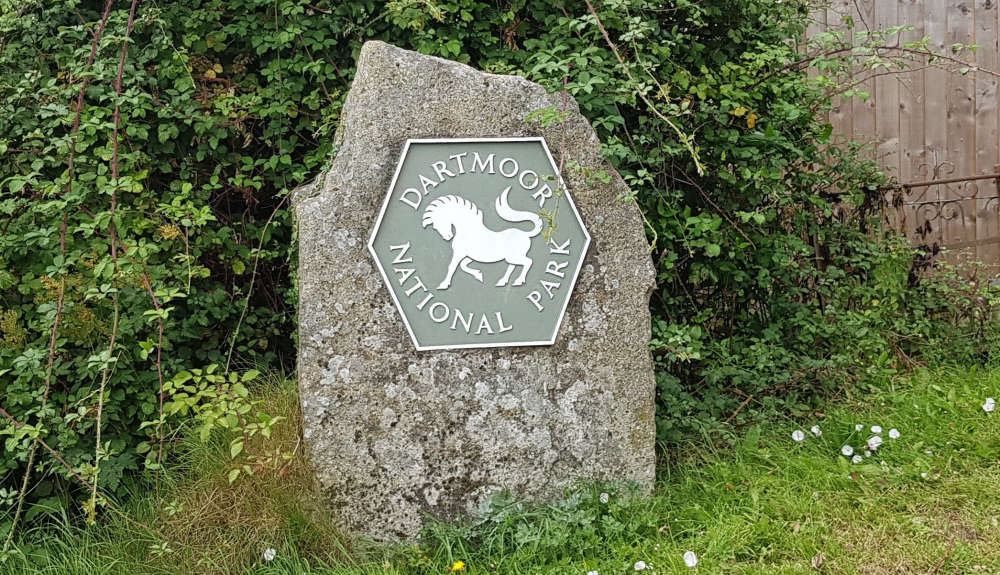 Dartmoor will be “protected” in Freeport zone
Dartmoor will be “protected” in Freeport zone
 Two jailed after late night brawl in Plymouth
Two jailed after late night brawl in Plymouth
